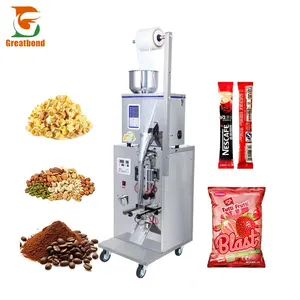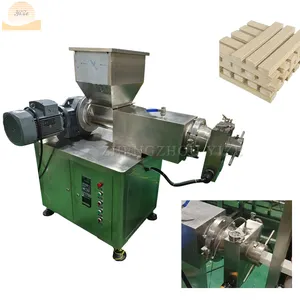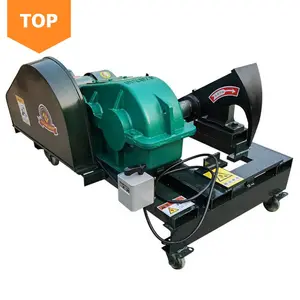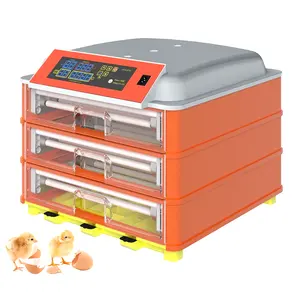Popular in your industry































































Related Searches:































































































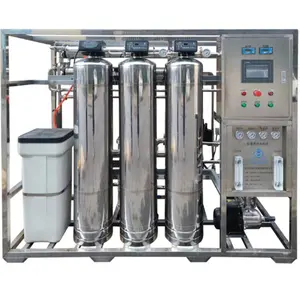





















































Top categories
About water filter treatment systems
Water treatment systems are designed to improve the quality of water by eliminating impurities and contaminants. These systems are used in residential, commercial, and industrial settings to ensure clean and safe water. The water treatment system is composed of various components that work together to treat water and make it suitable for specific applications. The primary components of a water treatment system include a pre-treatment system, a water treatment unit, and a post-treatment system. A pre-treatment system is responsible for removing large particles or contaminants from the water before it enters the main treatment unit. Examples of pre-treatment systems include sediment filters, carbon filters, and water softeners.
Types of water treatment systems
There are several types of water treatment systems designed to address specific water quality issues. One of the most common types of water treatment systems is a house water filter system. These systems are installed at the point of entry to treat water for the entire house. Whole-house water filter systems are effective in removing sediments, chlorine, and other contaminants, providing clean and safe water for various household uses. Another common type of water treatment system is the reverse osmosis (RO) system. RO systems use a semipermeable membrane to remove contaminants, including dissolved salts, lead, and other impurities. RO systems are often installed under the kitchen sink and are popular for producing high-quality drinking water. Additionally, water softeners are a type of water treatment system that is specifically designed to remove hardness minerals, such as calcium and magnesium, from water.
Water treatment systems for home
Water treatment systems are essential for homes to ensure access to clean and safe water. A house water filtration system is suitable for households facing issues with water quality. These systems can remove various contaminants, improve taste, and provide safe water for drinking, cooking, and other household uses. Water softeners can be particularly beneficial in areas with hard water, preventing scale buildup in pipes and appliances. Furthermore, point-of-use systems, such as faucet filters and under-sink systems, are effective for targeted contaminant removal in specific areas of the house. For individuals with specific water quality concerns, customized water treatment systems can be designed and installed to address their unique needs. Regular maintenance, including filter replacement and system checks, is vital to ensure the continued effectiveness of the water treatment system.
How to choose a water treatment system
When selecting a water treatment system, factors such as water quality, contaminant concerns, and household needs should be considered. The first step is to identify the specific water quality issues, whether it is hard water, sediment, chemicals, or microbial contaminants. Next, researching the available types of water treatment systems and their capabilities is crucial. For individuals with specific concerns, such as lead or arsenic contamination, choosing a system with the appropriate filtration technology is essential. It is also important to determine the desired scale of treatment, whether for the entire house or specific points of use. Evaluating the system's maintenance requirements, including filter replacements and service, is vital for long-term performance. Lastly, considering the system's certifications, such as NSF or ANSI, can provide assurance of its effectiveness in treating water. By weighing these factors and, if necessary, consulting with water treatment professionals, individuals can make an informed decision and select a system that meets their water quality needs.
